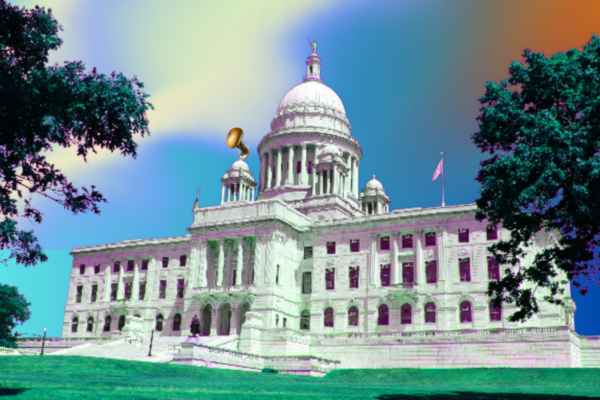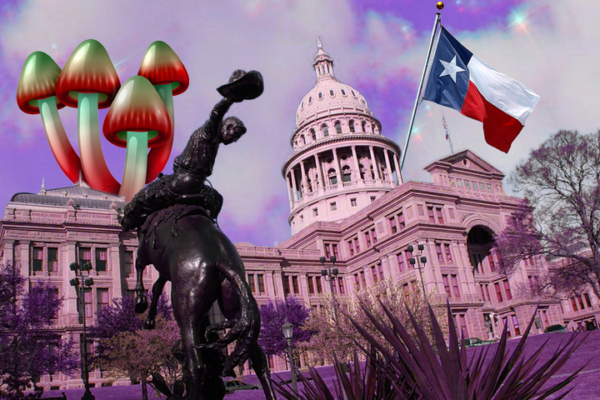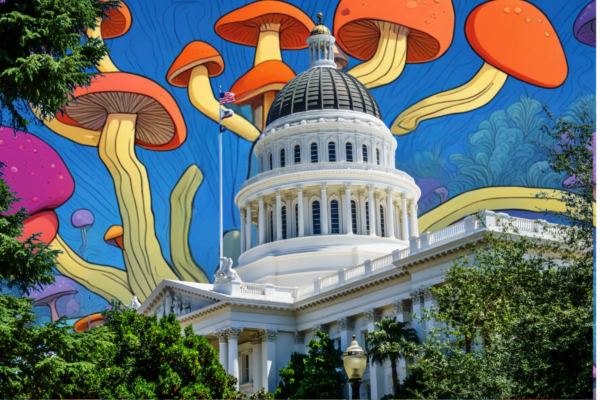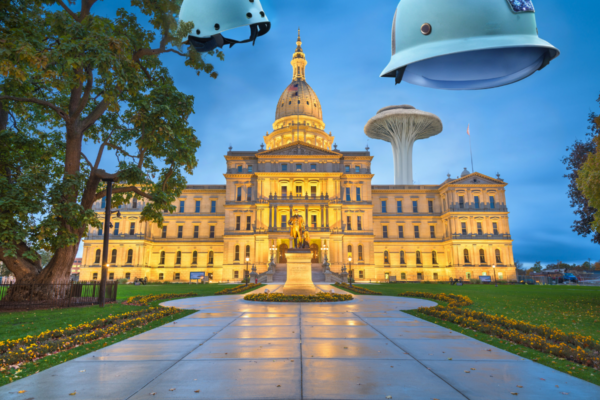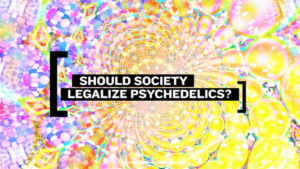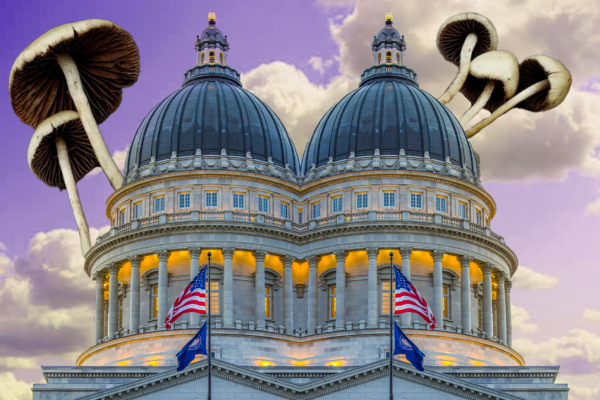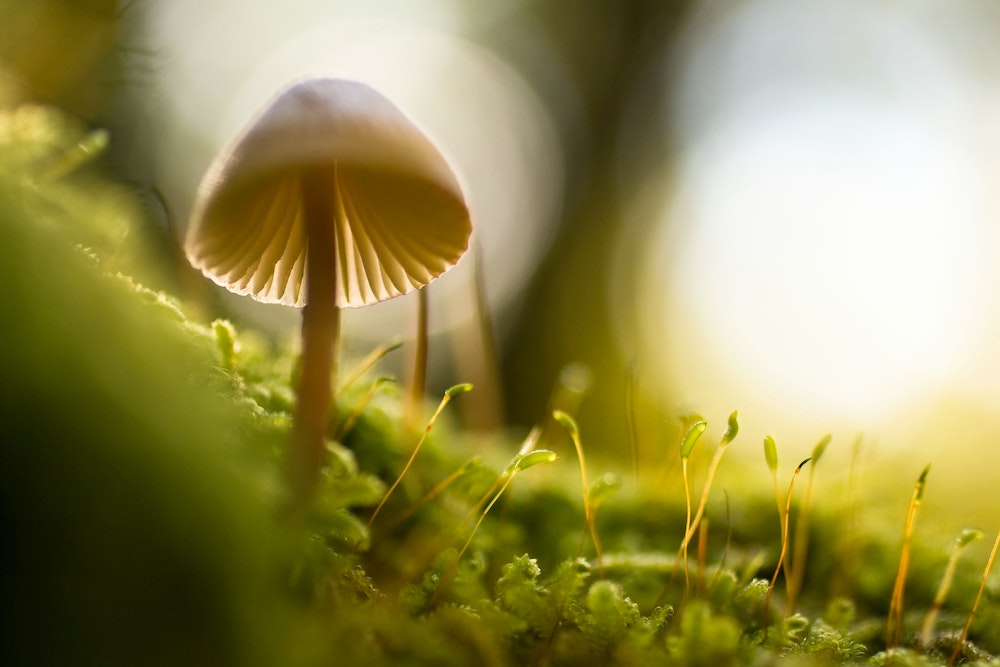
Six months after advocacy group Decriminalize Nature Ann Arbor successfully lobbied Ann Arbor, Michigan‘s city council members to vote to decriminalize psychedelic substances citing the promise they hold in treating mental health disorders, some members of the group are taking aim at working the same magic with state lawmakers.
The newly formed Decimalize Nature MI group is ramping up to collect petitions for a ballot proposal with a goal of reaching voters in the state by year’s end. The ballot is not yet finalized but supporters say it will likely reflect the measures that Ann Arbor lawmakers passed in September, such as instructing police not to spend taxpayer money or use resources on investigating possession or private production for noncommercialized use of psychedelic therapies.
Psychedelics expected to be included in the measure include psilocybin, found in more than 100 species of mushrooms; mescaline, found in the San Pedro and peyote cacti; ibogaine, from the African shrub iboga; and dimethyltryptamine (DMT), an ingredient in ayahuasca tea made from South American plants. They are all currently classified as Schedule 1 drugs under the Controlled Substances Act.
Recent studies have found the hallucinogen psilocybin to significantly relieve end-of-life angst in people with life-threatening cancer, as well as hard-to-treat symptoms of major depressive disorder and Post-traumatic stress disorder (PTSD). Researchers are calling psychedelics a game-changer in mental health therapy.
In September, Ann Arbor joined the cities of Denver, Colorado; Oakland and Santa Cruz, California; in decriminalizing naturally occurring psychedelics. Last November, Oregon became the first state to legalize the therapeutic use of psilocybin. The state recently launched a program to create a regulatory framework for psilocybin using science as its guide.
